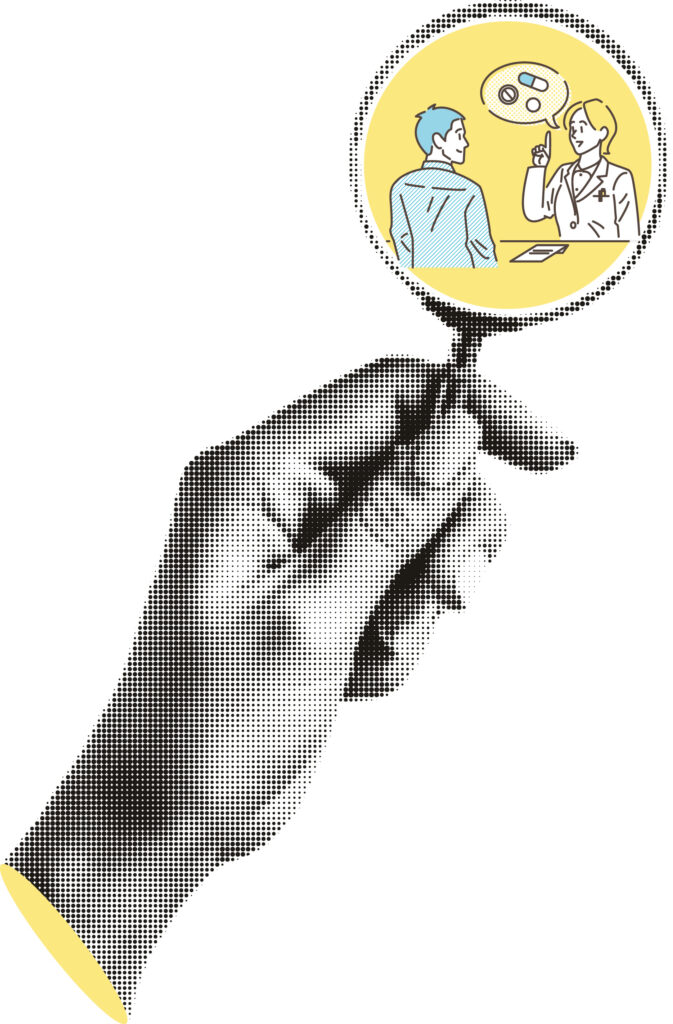Home » Pharmacy Governance Roles: Superintendent Pharmacist
We will be running a series of articles over the coming months that will focus on different roles and how they are executed in line with the PSI’s updated Guidance on Pharmacy Governance Roles. This article focuses on the Superintendent Pharmacist role and includes an interview with Tom Concannon of Uniphar.

In this interview, Tom Concannon, Superintendent Pharmacist for Uniphar shares how he discharges his role as a Superintendent Pharmacist in-line with the PSI Guidance on Pharmacy Governance Roles.
Standard Operating Procedures (SOPs) still form the backbone of the governance framework in the pharmacies. Embedding good SOPs that are a true reflection of pharmacy processes gives the Supervising Pharmacist the tools they need to do their job. SOPs are updated and refined based on incidents, legislative changes and other changes in practice.
Audit is another tool we employ to check compliance. The PSI’s Pharmacy Assessment System is a good tool for pharmacists to use to reflect on their practices. This is combined with external audits and mystery shopper exercises to paint a picture of practices in the pharmacy.
Staff induction is an important way for us to communicate our company values, professionalism and patient-centred approach. This is also built on through all communication with stores and during staff meetings. Ensuring that these values are appreciated by all levels of the team, from part-time workers to operations managers, ensures consistency.
As part of a larger group, we have built a wonderful regulatory team to support the Superintendent Pharmacist. This means that I am able to delegate certain aspects of my role, which allows me to focus on the matters that require my attention most.
As part of the senior management team, the Superintendent Pharmacist is kept abreast of what is happening in other areas of the business. This ensures that any pharmacist’s concerns can be voiced, and that the Superintendent’s view is considered at all stages of planning.
We have an error and incident management system across the network. We nurture an open and honest safety culture in the teams, to ensure that not only are incidents recorded, but that teams learn from their own errors and proactively review their own systems.
Incidents are also shared with the wider group so that the Supervising Pharmacists can learn from their peers. The shared learnings allow us to streamline processes, improve efficiency and/or increase patient safety and customer satisfaction
The best ideas nearly always come from those doing the role. We encourage our pharmacists to look for ways to improve their practice. Having an open system of communication promotes and fosters a culture of positive change across the network. We can then review and refine initiatives to help colleagues in other stores.
Stores do not close for a dedicated hour and not all stores have double cover so facilitating a single uninterrupted hour is very difficult. We would encourage our pharmacists to plan their breaks around the quieter times when other staff are not on break. Many pharmacists have found it easier and more beneficial to take three twenty-minute breaks rather than a full-hour block. Trying to take a full hour often leads to a large build-up of work, frustrated customers and teams, which somewhat negates the benefit of the break.
The key message to pharmacists is that any time they need a break they must feel empowered to take one, and that this is encouraged. Keeping hydrated and having a healthy diet incorporating lots of fruit, is key to surviving the mental challenges of a day in community pharmacy. We recently launched a health and wellness program across the group with tips on healthy eating, fitness guides and classes, and access to counselling and mentors. While we haven’t reached lunchtime yoga just yet, I think a more holistic approach to wellness is key to preventing burnout and fatigue.
As a Superintendent Pharmacist of a group, you are hugely dependent on your Supervising Pharmacists. If the pharmacy network has strong Supervising Pharmacists, who demonstrate strong leadership, professionalism and communicate effectively, it will make the role of the Superintendent Pharmacist much easier.
These are possible topics to explore with the pharmacy owner and/or senior management team:
This role brings additional administration and will reduce your patient-facing time. You’ll need to consider if this is something you want.
Like many roles with management responsibilities, the Superintendent Pharmacist role will often involve larger projects that need to be delivered. There are additional stresses where work leaks into your home life as you are thinking about these projects, deadlines and so on.
I have found the role extremely rewarding. Pharmacy has changed hugely since 2008 and I’m fortunate to be a Superintendent Pharmacist for progressive companies where I’ve always been supported to try new things and to seize opportunities. I love to see new ideas or better ways of doing things and then refining these and rolling them out for the benefit of all. Being Superintendent for a larger group means you never know what your day will bring. I can go from being a marketeer to a process engineer, to an IT consultant, to a counsellor, from the good guy to the bad guy, and that’s all before lunch!
An article on Pharmacy Governance Roles: an overview of the PSI Guidance was published in the September 2024 issue of the IPU Review.
Tom Concannon

Superintendent Pharmacist, Uniphar
Highlighted Articles